
How To Use Borax, Washing Soda, Baking Soda & Others
Juliette van der MeerWe are on the very cusp of Spring (hooray!), and we always do some annual blogs around cleaning at this time. This winter was a particularly cold and tough one, but we made it! Now it's time to clean out wardrobes, clean our spaces, get rid of any mold that grew while the house was cold, damp or closed up, and even clear our minds - to make space for the new season of growth and warmth.
We already have an ebook (it's free) available that has lots of tricks and tips about using various natural cleaners around the home, but here is a nice breakdown of natural cleaners that can really work wonders in your home.
Borax
Borax is our best selling cleaning agent. It is a naturally occurring mineral and has a variety of uses in and around the home. Although natural, borax is a strong cleaner and we advise wearing protective rubber gloves when working with it.
Borax has a number of uses, from being a general purpose cleaner, to killing mold, to softening laundry, and removing grease and stains.
To use as a mold killer, add 1/4 cup borax to 1 litre of hot water. Use this solution to scrub away and kill off mold on all surfaces. Make sure you leave it to dry on the surface for maximum anti-mold action.
Used in laundry, borax boosts the whitening power of bleaching agents, and because of its basic/alkaline nature, it can combat acidic stains such as those from tomato sauce, coffee, wine etc.
To use in the laundry, combine half a cup of borax with half a cup of washing soda in place of normal washing powder. If you want some bubbles for extra cleaning powder, add some castile soap or a ¼ cup of SCI powder to the mixture. You could also make this mixture in bulk for all your future uses.
Borax is also commonly used as an insecticide and pesticide. You can make a 10% solution and spray this on plants to kill mildew and harmful insects.
Washing Soda
I have clear childhood memories of my mom using washing soda to clean the laundry. I was (and still am) very sensitive to fragrances in traditional laundry soaps, so we found washing soda to be a great alternative as it is gentle and has no scent.
Washing soda acts as a softening agent and very gentle cleaner. So if you are finding your water a bit hard, traditional laundry softener a bit harsh or heavily fragranced, or just want a very simple yet effective laundry cleaning and softening solution, then give washing soda a try. Like borax, washing soda is also alkaline so can help with stains, but it has the additional property of 'softening'. It binds to minerals in the water and lifts them away, allowing for better cleaning penetration.
You can add half a cup to your washing machine for a big load, or even combine it with borax as mentioned above for a powerful clean.
Baking Soda
Baking soda or bicarbonate of soda has got to be one of the most versatile natural cleaners out there, especially for the kitchen and bathroom.
Baking soda is well known for removing odours and burnt crusts off of pots and ovens. Sprinkle a generous amount of baking soda over the affected area so that it is completely covered, then moisten with some water and leave overnight. You should be able to wipe up the majority of it the next day.
Since baking soda is in the form of little crystals, it has a handy abrasive action which aids scrubbing and cleaning. Instead of using steel wool which can damage surfaces, rather use a paste made of baking soda and a little water to scrub with.
Baking soda is great at removing tea and coffee stains from mugs.
You can leave an open tub of baking soda in the fridge to absorb any odours.
Baking soda is also an alkaline, and it will react strongly with an acid such as vinegar. You can harness this reaction to clean toilets, drains and other areas of tough dirt and grime.





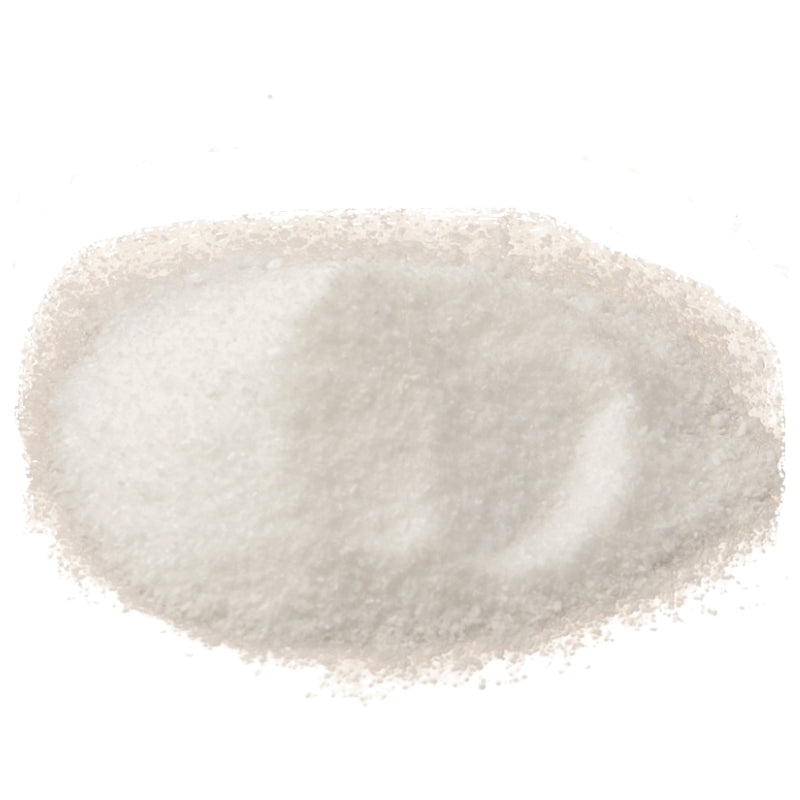



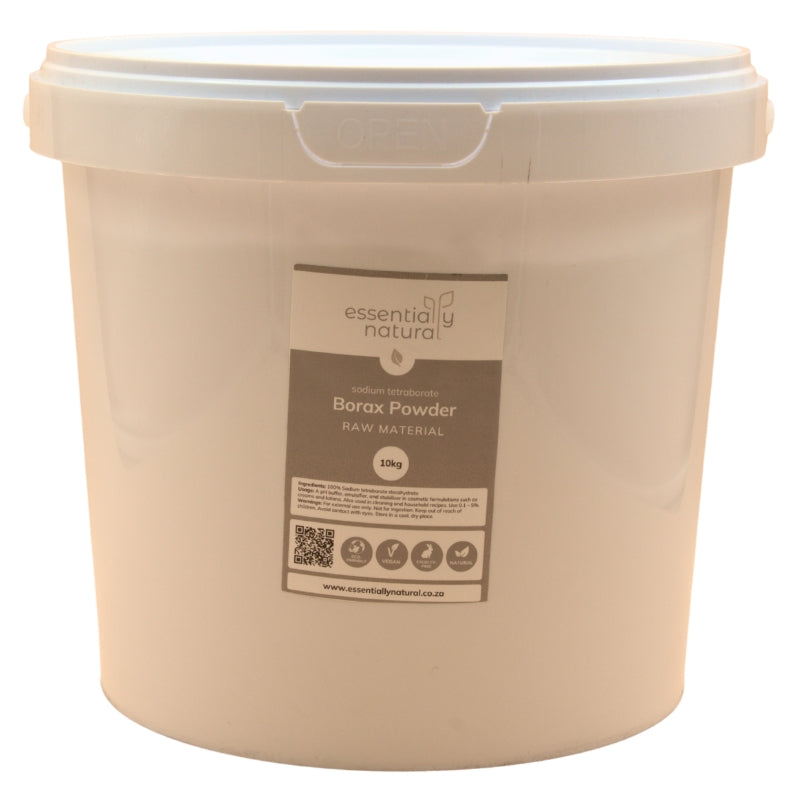
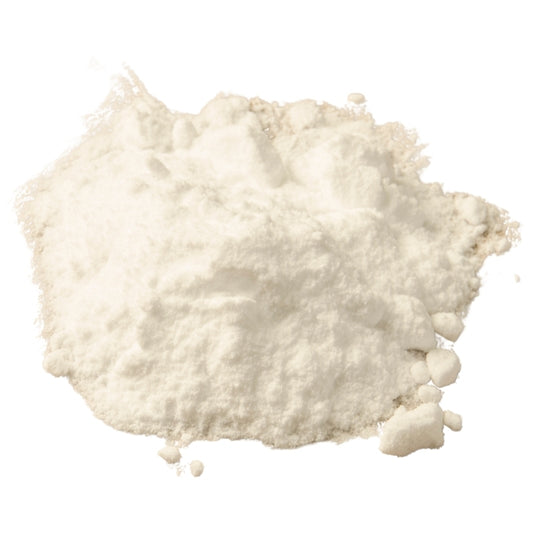
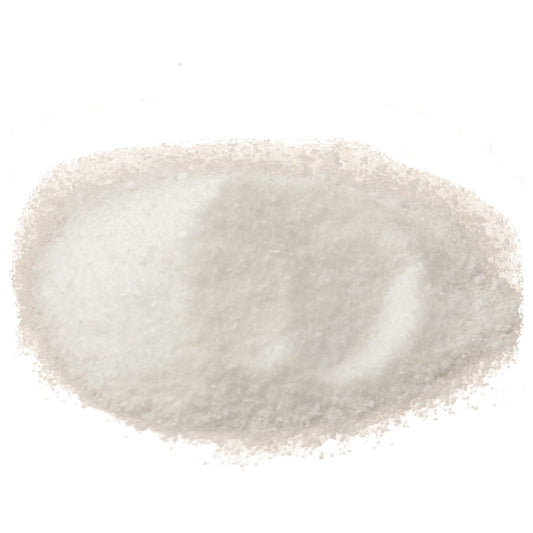
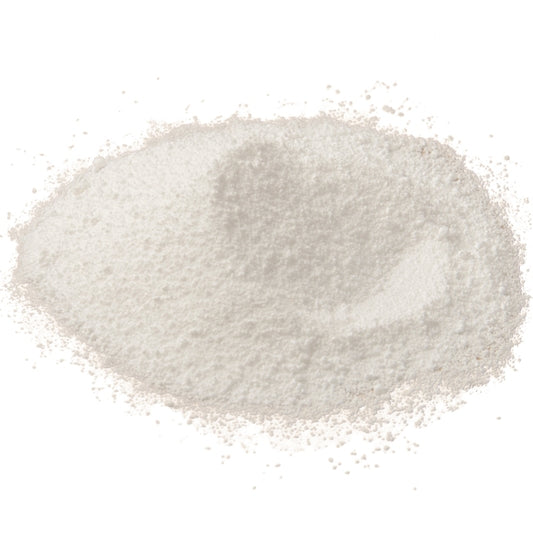










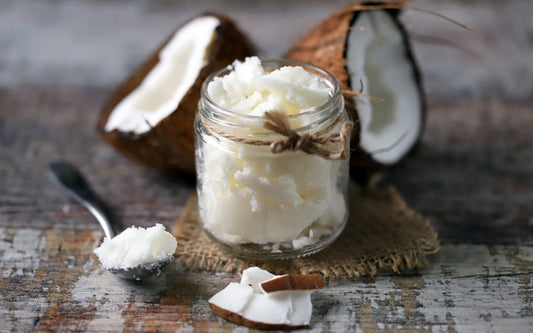
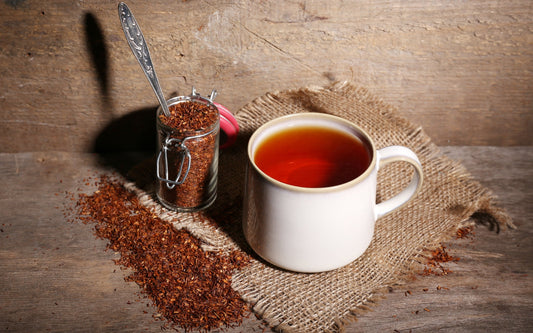


6 comments
Hi there Sandy,
Thank you so much for your comment!
It’s wonderful that you’d like to move away from commercial detergents and try something more natural and eco-friendly :)
We actually have two simple recipes you can try:
1. Coconut Laundry Soap Bar
This forms the base for your detergent. You’ll need virgin coconut oil, lye, and water — plus essential oils if you’d like. Once cured, the bars can be used directly or grated into the detergent mix. (Full recipe here: https://essentiallynatural.co.za/blogs/the-essentially-natural-blog/the-great-spring-cleaning-blog)
2. DIY Laundry Detergent
- 1 bar of pure soap, finely grated (coconut oil soap works best)
- 1 cup washing soda
- ½ cup baking soda
- ½ cup citric acid
- ¼ cup coarse salt
Mix everything together and store in an airtight container. Use 1–2 tablespoons per load.
If making soap isn’t something you’d like to do, you can substitute with any mild, natural bar soap you have available – just grate it finely and use in the recipe. <3
We hope this gives you a good starting point! Please let us know if you’d like further guidance – we’d love to help.
Warm regards,
Essentially Natural Support
Hello Janene,
What recipe do you recommend I use and quantities thereof to make my own laundry detergent? I don’t want to use the commercial ones and want something that is kinder to the environment too. I notice one needs grated soap but I can’t find that for sale here. Any other formula that you can offer please – I do a lot of laundry with a full house of 6.
Hi Janene,
We do not have a recipe for that yet – but you may find that as a new formulation in the coming days :)
We do have for dishwashing liquid, see here:
https://essentiallynatural.co.za/blogs/the-essentially-natural-blog/diy-dishwashing-liquid
Kind Regards,
Aiden
Ek wil ook graag my eie natuurlike dishwash blokkies maak as jul enige natuurlike resep het vir my asb☺️
Hi Betsie, you can use surfactants or castile soap to make your own :) Unfortunately I don’t have a recipe yet though